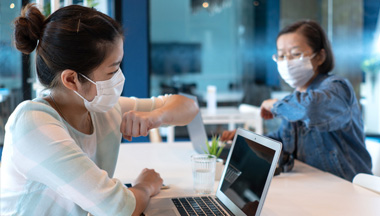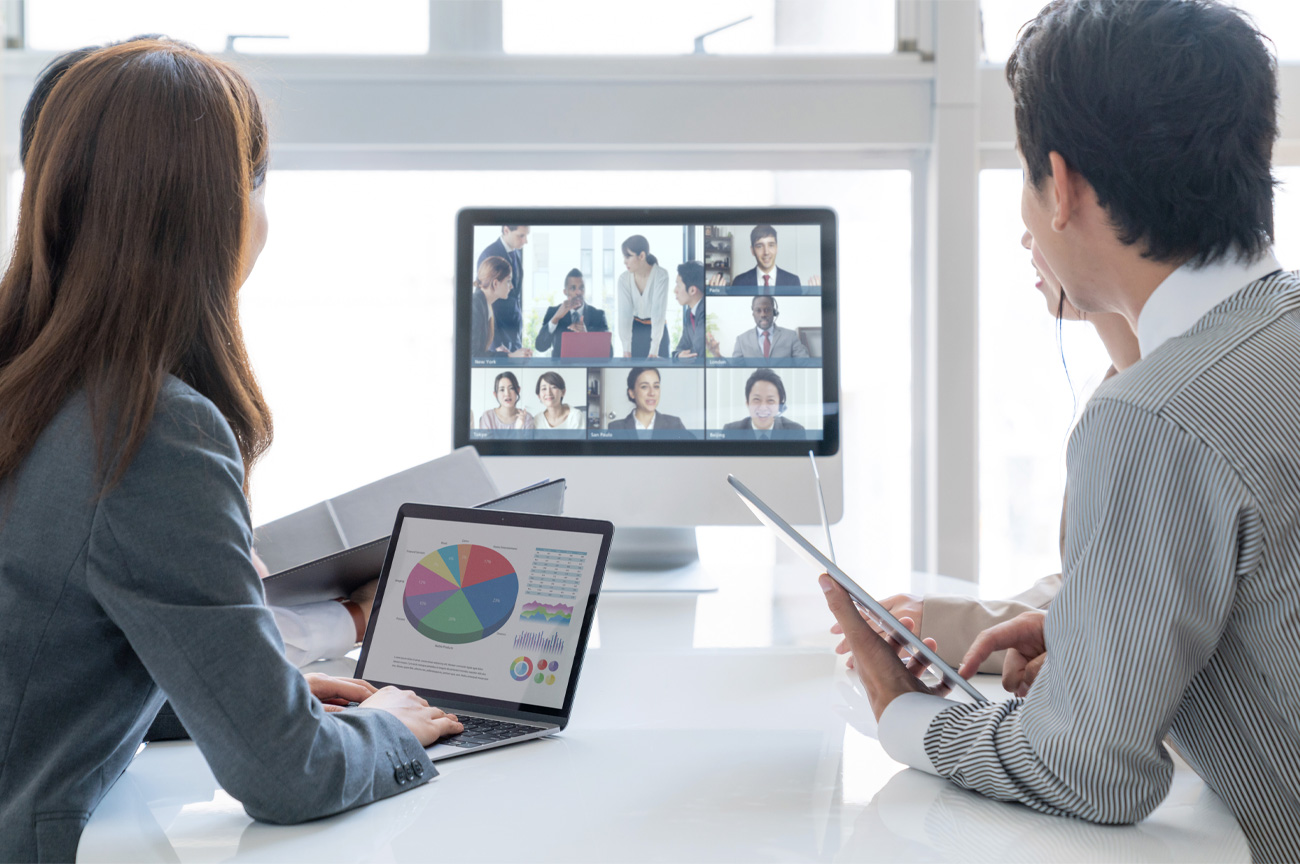
Conducting Business in a Time of Coronavirus
Getting to know the proper office and meeting etiquette in a post-COVID world
Gone are the days when you would shake your hands to seal a deal. In these social-distancing times, corporate culture requires a different sort of finesse and mindfulness. As work-from-home has become the default arrangement not only in Singapore but across the world, here are a few solutions to the thornier aspects of staying in touch with business associates (without touching).
So handshakes are out. What now?
A few new trends have come to the fore. There is the “clasp and greet” – clasping your hands together and putting them over your heart” – which may be more suitable for less conservative offices. Otherwise, try the “stop and nod” – stand still and, well, nod while saying hello. You can also immerse yourself in Asian culture, through greetings such as the Chinese/Japanese bow (90-degrees to show deference, 45-degrees otherwise) or the Thai wai (slight bow, palms pressed together in front of you at chest level).

What is an acceptable Zoom behaviour?
Basically, it will be whatever behaviour that is considered acceptable if you are in the conference room. That means, no eating, digging your nose or yawning. And at least wear a clean top and comb your hair. If it is a small group, turning on your camera signals that you are present and involved. But always remember to mute yourself if you are not the speaker/presenter.
Nobody wants to hear ambient sounds from your microphone or coughing and paper-shuffling. If it’s a big group or a webinar, it is acceptable to turn off your camera and microphone so that it does not take up bandwidth and cause the online session to lag and make it unbearable. Finally, be mindful of your background and lighting – a plain wall or bookshelf often make for good backdrops; otherwise, opt for a virtual background.
Some people are holding events or want to meet face-to-face. But I am not ready to go out!
In the past, RSVPing to an event or business lunch invitation meant that one was obligated to show up. These days, however, with second-wave infections and a fluid public health situation, it is acceptable to politely decline or cancel when you are uncomfortable meeting. You could say: “Thank you for inviting me, but I am just not ready yet in light of the COVID-19 situation.” But do not stop there. You can counter-suggest virtual drinks or a Zoom catch-up, if the situation allows. If the host or contact is an especially important one, you could send a small gift or personal note in lieu of attending.
Handing out business cards. Physical or virtual?
With the need for social distancing, how can you give out your business contact without giving out the physical cards? You could share this information in a signature that is automatically included in every email and in your profile information on your social media platforms. You may want to think about what information is appropriate to share on each platform.
In addition, to ensure the information is out there for people who are looking for it, you may want to encourage people to connect with you as well. Share information electronically when you “meet” them by connecting online, following each other, or whatever method works for you.
Or you can get a QR code on your phone that can transmit your details instantly when scanned. Alternatively, download a business card scanner on your phone and offer to scan someone’s card without touching it. You can also exchange contact numbers and WhatsApp each other a virtual name card. Now is time to invest a little to design an attractive virtual calling card if you have yet to do so.

We have reopened the office. How should we act around one another?
Be considerate. Keep your mask on at all times, try not to crowd in the pantry, and wipe down with sanitiser common-use furniture and equipment when you are done using them. Continue to adopt the use of virtual meetings where necessary and relevant, and respect your colleagues’ personal space. Remember, you’re back in office to fulfil critical tasks that cannot be otherwise completed without the use of specific equipment found in the office, and you should not unnecessarily start gathering in the office with your colleagues.
While the format may change during such testing times, the function of being able to connect with other people will always be required. By making it easy for others to find and contact you, and taking care to connect with and learn about others, you will greatly enhance your professional network.



















